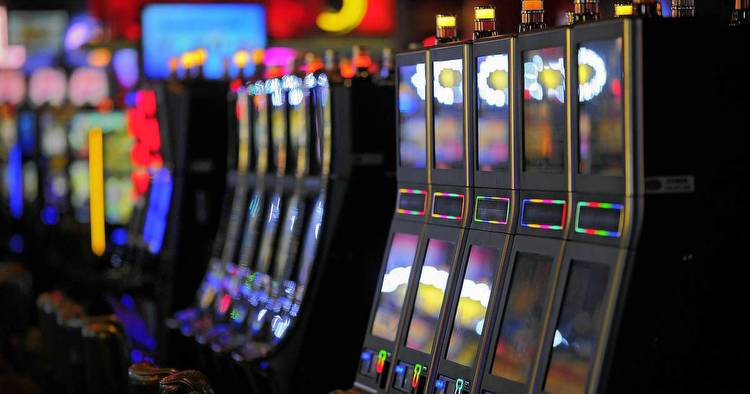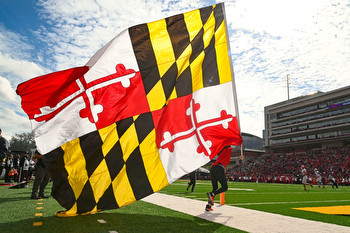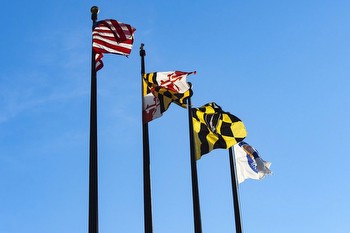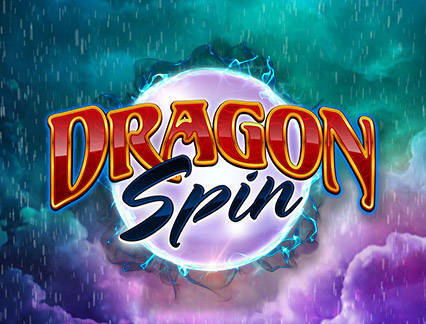Maryland should legalize online gambling to eliminate black markets and protect consumers

Maryland lawmakers are continuing efforts to legalize internet gambling despite legislation introduced earlier this year failing to garner the needed support.
The Maryland Lottery and Gaming Control Commission said this month it is conducting a study to see how online gambling, like interactive slots and table games, could benefit the state. This is after Senate Bill 627, which would have asked voters if they wished to amend the Maryland constitution to permit online gambling, was shelved in March.
Like lawmakers, it is understandable that Maryland residents are wondering what legalizing online gambling could mean for them.
From the experiences of the seven states that already permit it, we can see some benefits. States that adopted legal online casino gaming after building legal online sports betting markets — as Maryland has — experienced smoother transitions because they already had effective regulations and processes in place. These states show us what we can expect:
Legalizing online gambling in Maryland would eliminate some of the traffic that goes to illegal offshore operators. These casinos are not bound by U.S. laws, leaving consumers without adequate protection. In contrast, legal online gambling operators are required to provide safe and responsible experiences while adhering to regulations, employ safeguards against fraud and providing mental health resources to individuals who may develop gambling-related problems.
Legislators, gaming commissioners, industry leaders and community members would work collaboratively to establish regulations that strike a balance between supporting the industry and ensuring the safety of constituents. Maryland would be free to determine its own tax rates, licensing fees and roll-out process.
New regulations could draw inspiration from successful efforts seen in other states. Michigan’s Lawful Internet Gaming Act, for example, holds online gaming providers accountable for implementing safety measures and responsible gaming practices.
According to Maryland Lottery and Gaming, legal sports wagering, generated nearly $25.3 million for the state during the 2022-23 fiscal year. Legal mobile sports betting, which went live in November, accounted for about 95% of the total draws in April-June this year, the MLG reports. Most of Maryland’s sports wagering contributions go to Blueprint for Maryland’s Future Fund, which supports public education. The rest is directed to the Maryland Problem Gambling Fund.
Legalizing online gambling in Maryland also has the potential to create jobs and stimulate economic growth. New Jersey, for example, gained approximately 6,600 new jobs in the online gaming industry between 2013 and 2020, according to an iDEA’s study. This industry encompasses a wide range of professions, from software engineers and designers, to marketing, administrative, management and oversight positions.
Legalized online gambling requires operators to employ cutting edge tools to protect consumers and ensure responsible gaming practices. These tools include cybersecurity measures to safeguard players’ identities and accounts, age verification mechanisms to prevent underage gambling and geolocation technology to confirm players’ locations. These technologies exceed what is possible with in person cash bets.
Legalizing online gambling can provide a boost to Maryland’s existing physical casinos and lottery programs. In states like New Jersey, the introduction of online gaming attracted new customers to brick-and-mortar casinos.
Legalizing online gambling in Maryland will allow everyone to reap the rewards of a regulated online gaming market that protects consumers and boosts the economy.
Jeff Ifrah is the founder and general counsel for iDEA Growth (iDevelopment and Economic Association), a nonprofit association of online gaming industry organizations that promotes responsible online gaming.






































